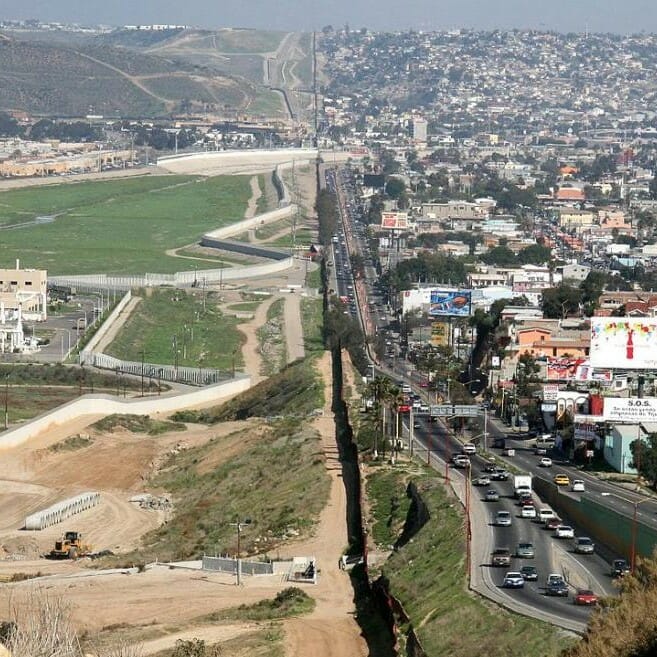
NSF Human-Environment Research and Geographical Sciences Program (HEGS) NSF 20-547
Due dates
- August 18, 2020, 3rd Tuesday in August, annually thereafter, OR
- January 19, 2021, 3rd Tuesday in January, annually thereafter
Limits
- PI or co-PI can submit only one proposal for deadline date.
- Resubmissions of declined proposals cannot take place sooner than one year or more after the original submission date and must be substantially revised or proposal will be returned without review.
Primary objective
- Basic scientific research about the nature, causes, and/or consequences of the spatial distribution of human activity and/or environmental processes across a range of scales.
- Projects must enhance fundamental geographical knowledge, concepts, theories, methods, and their application to societal problems and concerns.
Program synopsis
- HEGS welcomes proposals for empirically grounded, theoretically engaged, and methodologically sophisticated geographical research.
- Research must be grounded in relevant theoretical frameworks, focus on questions that emanate from theoretical discussions, and use scientific methods to answer these questions.
- Projects must yield results that will enhance, expand, and transform fundamental geographical theory and methods and have positive broader impacts that benefit society.
- A proposal that is not responsive to the following expectations will be returned without review.
- -->The research must contribute to geographic and spatial science theory and/or methods development and how the results are generalizable beyond the case study.
- -->The research must be relevant and important to people and societies.
Merit Review
Specific to this call. HEGS seeks to assess the longer-term significance of research projects. As a complement to assessing the intellectual merit and the broader impacts of the project, proposal reviewers are asked to provide responses and ratings to the following two questions:
- What is the expected larger-scope, longer-term significance if the project is successful?
- What is the likelihood that the project will be conducted successfully?
Proposals will be most competitive if ratings assessing potential significance and the likelihood of success are high.
- Work must advance, if not transform, the frontiers of knowledge.
- Reviewers will evaluate what the proposer wants to do, why they want to do it, how they plan to do it, how will they know if they succeed, and what benefits could accrue if the project is successful. Reviewers will evaluate all proposals against these two criteria:
- -->Intellectual Merit (IM): the potential to advance knowledge
- -->Broader Impacts (BI): the potential to benefit society and contribute to the achievement of specific, desired societal outcomes. BI can be achieved through activities that are part of the specific projects or that are supported by and complementary to the project.
- Meaningful assessment and evaluation should be based on appropriate metrics.